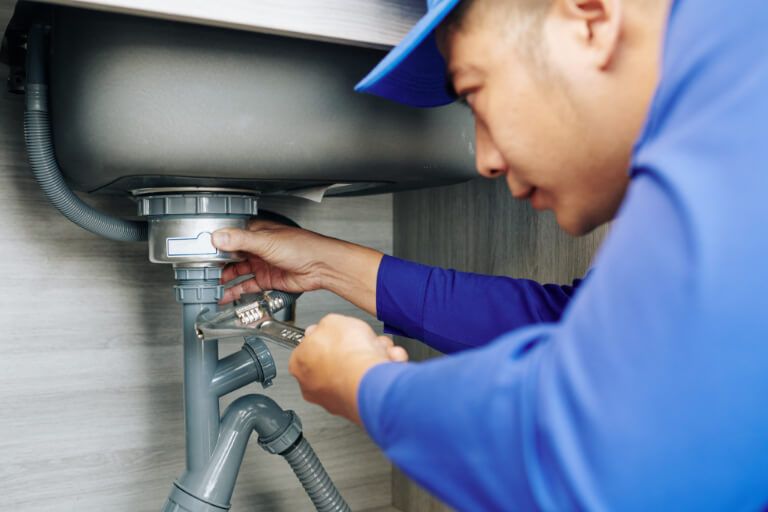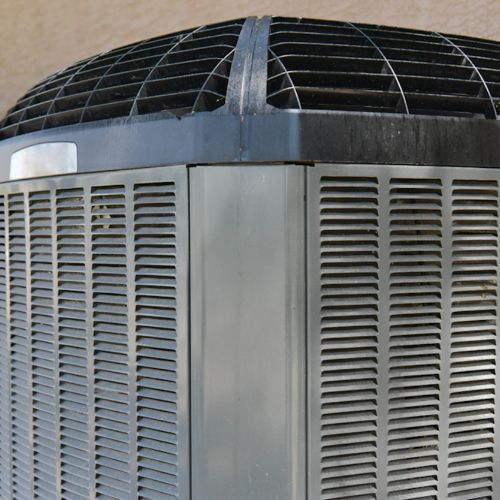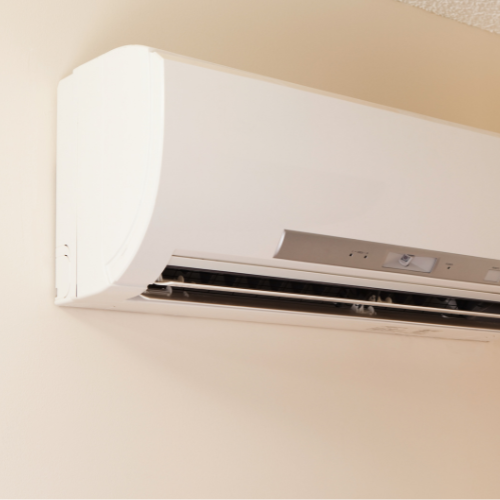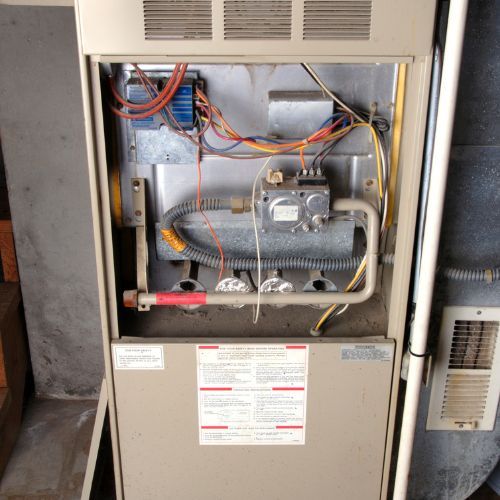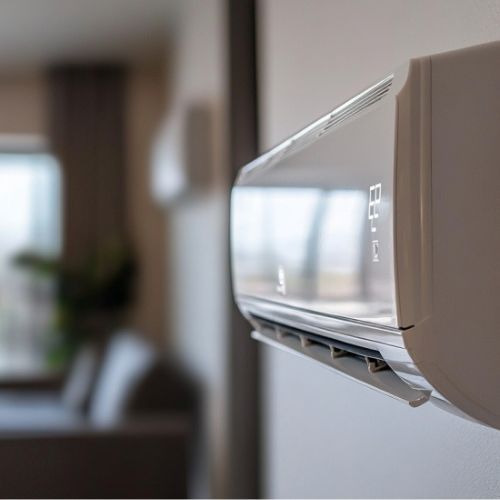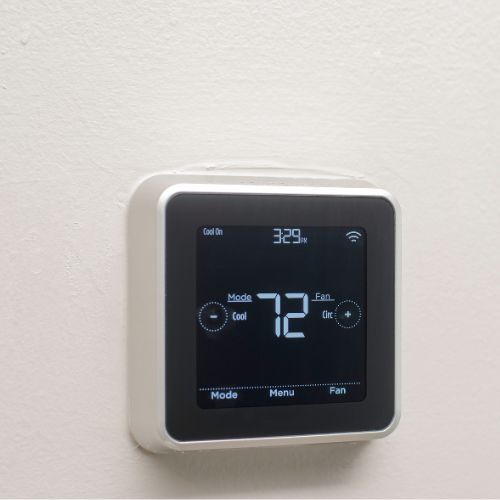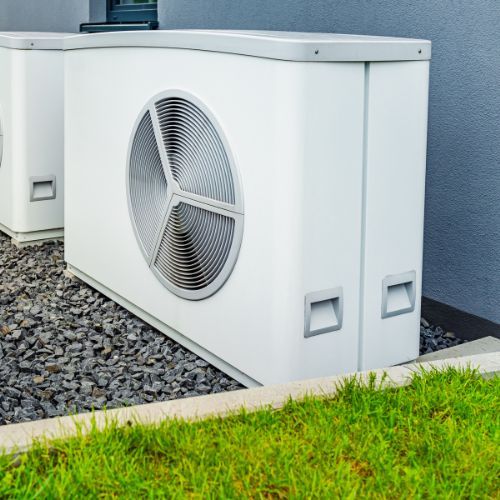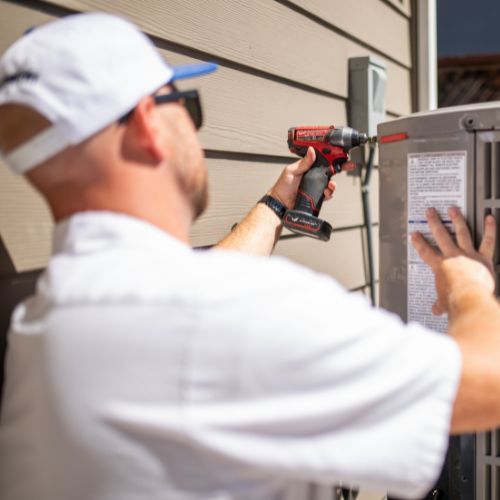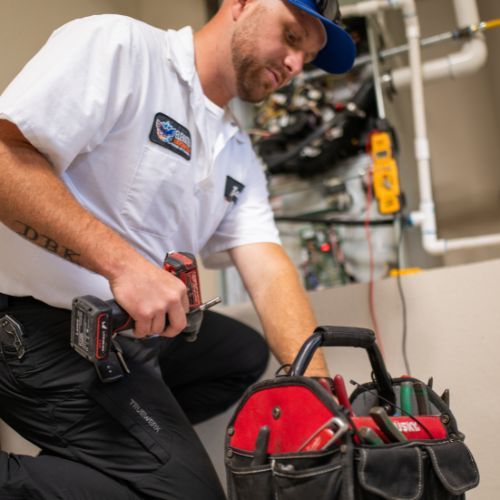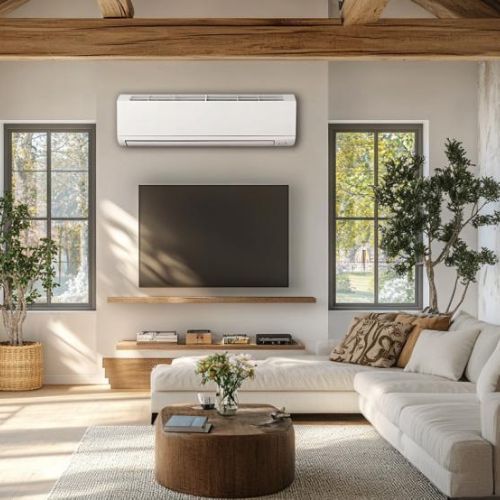3 Ways to Boost Indoor Air Quality in Winter

Table of Contents
Toggle
Is Air Quality Worse in Winter?
One thing we do know is that in many places, California included, indoor air quality takes a turn for the worse. This contributes to the increase in respiratory illnesses that has led to the colloquial use of “cold” to refer to any mild respiratory infection as well as the misconception that exposure to cold air (for example, with wet hair) is what causes these illnesses to appear. However, there is an increase in the concentrations of viral and bacterial particulates circulating in indoor spaces during the winter that causes these infections. So why is air quality bad in winter?
What Causes Poor Air Quality in Winter
The simple answer is that people are more likely to congregate indoors during cooler weather, as heated indoor spaces become sanctuary from the seasons’s chill. As a result, microbes from breath, particulates shed from clothing, and dirt dragged in on shoes also see a spike in colder weather. As those microscopic invaders make their way through the air filters of your air conditioning or furnace system, they disperse into all areas of your property, lowering the overall indoor air quality.
What Causes Indoor Air Pollution?
Indoor air pollution examples include cigarette smoke, pollen, pet dander, hair and fur, dust, and aerosol chemicals like hairspray. Airing out houses and commercial properties can help to remove pollutants, but only if it doesn’t introduce new pollutants like smog, exhaust, pollen, and wildfire smoke to take their place. When airing out the property, be sure to use fans & air quality appliances to circulate the air for the best results.
How to Purify Air at Home: 3 Indoor Air Quality Tips for Winter

Indoor Air Quality Boost #1: Maintenance Matters
First, hire an air quality test company to identify the specific air quality issues you are facing. Commercial and home air quality test companies may use different equipment and charge different rates as a result of the differing HVAC system construction and overall ventilation and volume of commercial spaces, so be sure to find a quality industry leader who specializes in your property type before scheduling your test. Then, perform the most important home-maintenance procedure based on the results: choose a filter that caters to your specific IAQ needs and replace your current filter. Air professional associates and technicians recommend replacing your filter no less frequently than once every three months, and, during especially poor air quality periods like wildfire season and during pollen blooms, you may need to increase the frequency to once a month.
Indoor Air Quality Boost #2: Use the Right Supplies
Learning how to improve indoor air quality in winter requires the same methodology as learning how to improve air quality in basement conditions. You’ll need the right equipment for the job. Your AC does not clean the air, despite the common misconception. While the AC filter does prevent additional particulates from entering the air through your HVAC system, to remove the microscopic nanoparticulates that make it through the filter, you will need an air purifier or indoor air quality services from a qualified professional. Air purifiers focus on central point air quality, removing particulates at a central location before dispersing clean and sterilized air through your ventilation system and into the rest of your property.
For the most part, indoor air quality supplies revolve around air filters (like HEPA filters and activated charcoal or carbon filters), air sanitization (via UV light, chemical treatment, or ozone generation), and housekeeping (such as dusters, vacuum filters, and other methods to keep dirt and debris from making it back into the air in and around your property. Using commercial-grade air filters is always a good idea, but there are a number of natural air filters, or substances you can keep around to better dwelling air quality without the need to hire an air quality home service provider as often as you would without them doing some of the heavy lifting. Additionally, with new, energy-efficient windows AQI figures can dramatically improve. High-quality windows prevent contaminated outside air from leaking into your indoor spaces.
Indoor Air Quality Boost #3: Minimize Pollution
The final way to boost indoor air quality in winter is to avoid adding more pollutants to the mix. This means you should avoid smoking indoors, use exhaust fans to pull cooking smoke outside, and avoid tracking dust, dirt, and debris with allergens into your home by leaving shoes at the door. Additionally, you should clean your floors, fans, and vent covers on a regular basis (as often as weekly during high dust or pollen counts and at least once a month otherwise). This ensures there is less dirt and dust to circulate in your system.
Don’t Forget Professional Indoor Air Quality Services

An experienced air quality specialist can share the best air quality and restoration practices for your property. Elevated Comfort’s indoor air professionals provide clean air quality services for home and business owners in the northern California region, including Santa Rosa and its surrounding cities. We hope these tips help you keep your air quality up to snuff this winter. For more seasonal HVAC maintenance best practices, check out these 6 HVAC Safety Tips for the Spooky Season and Beyond!
